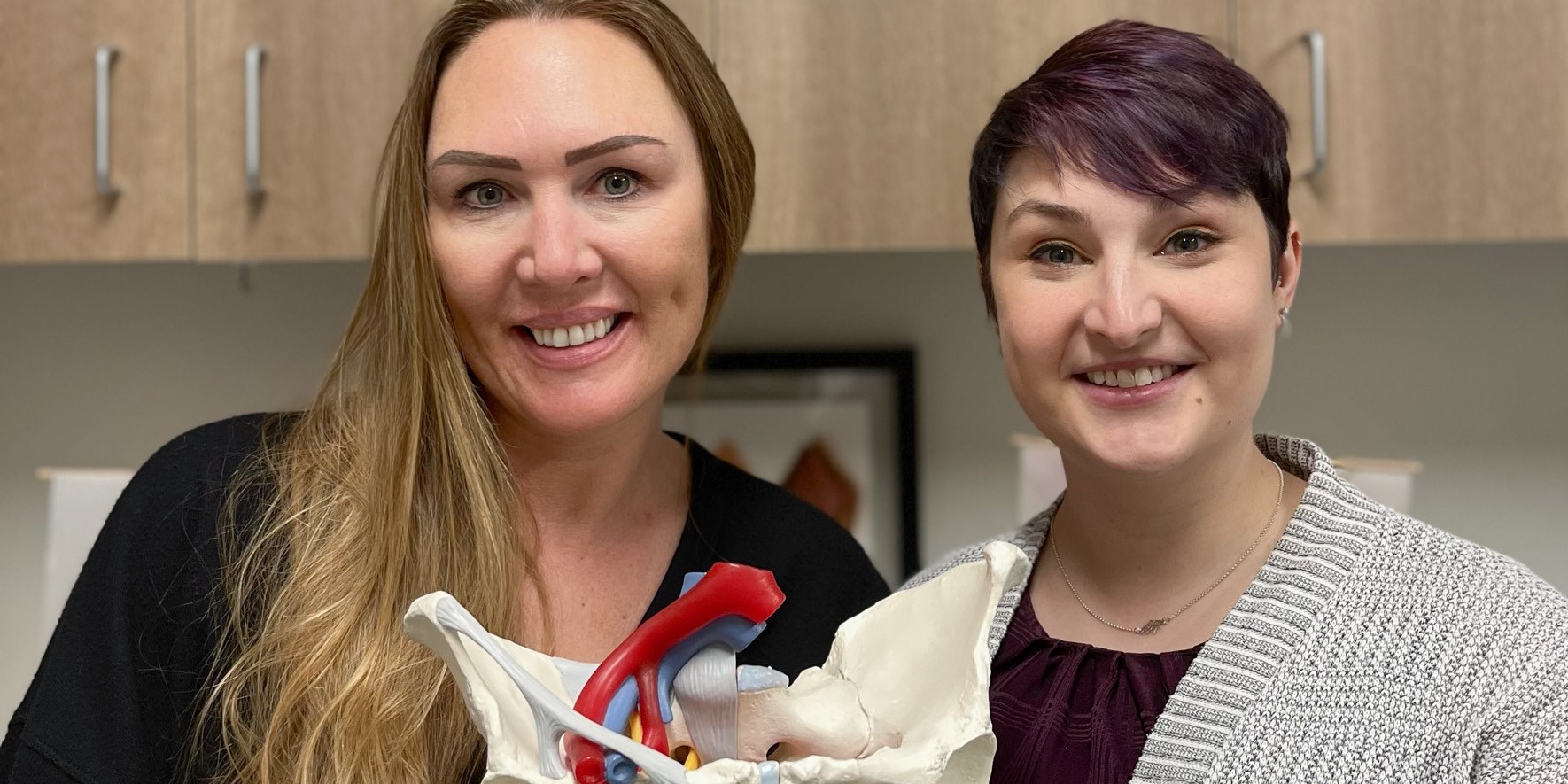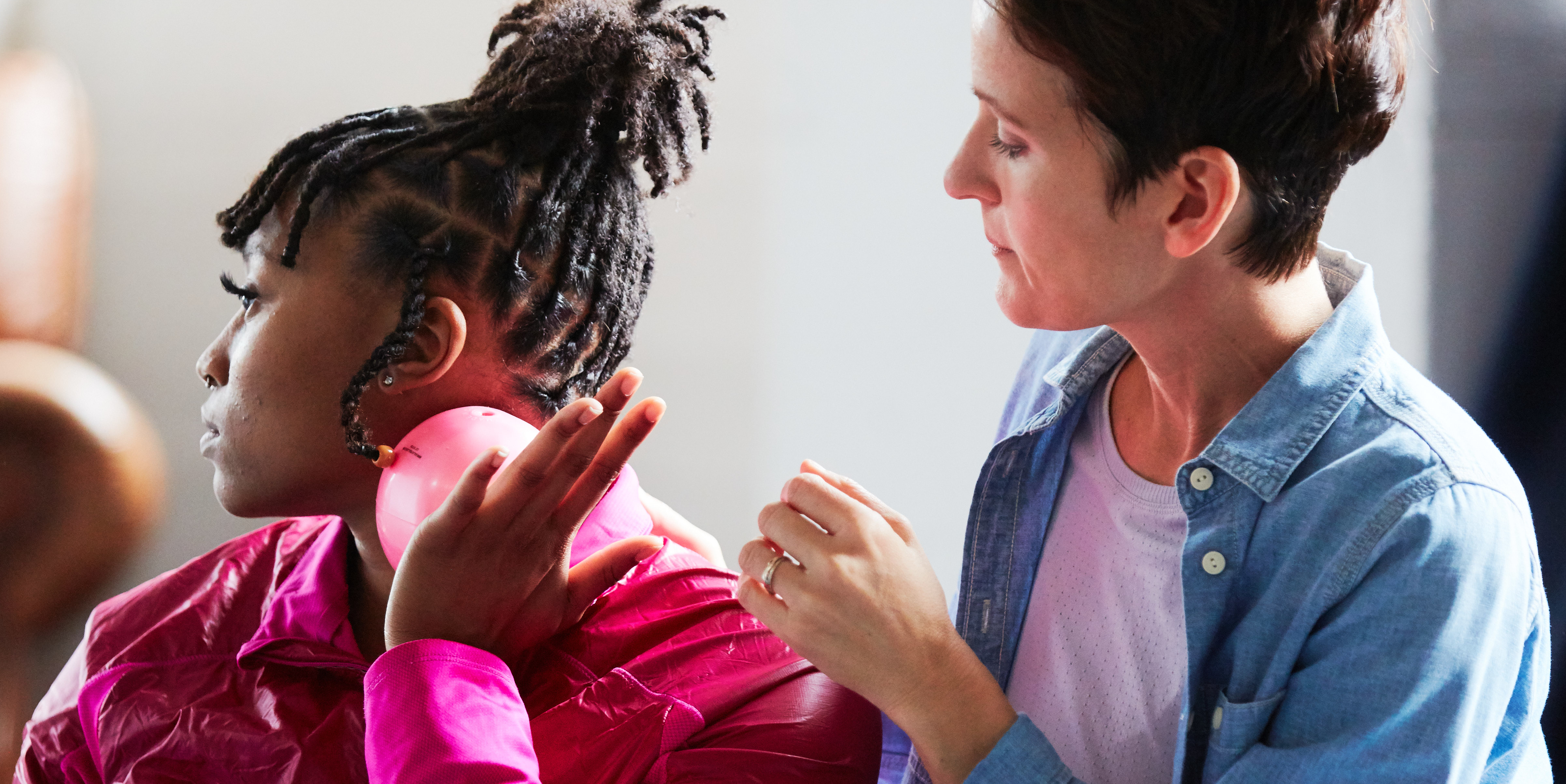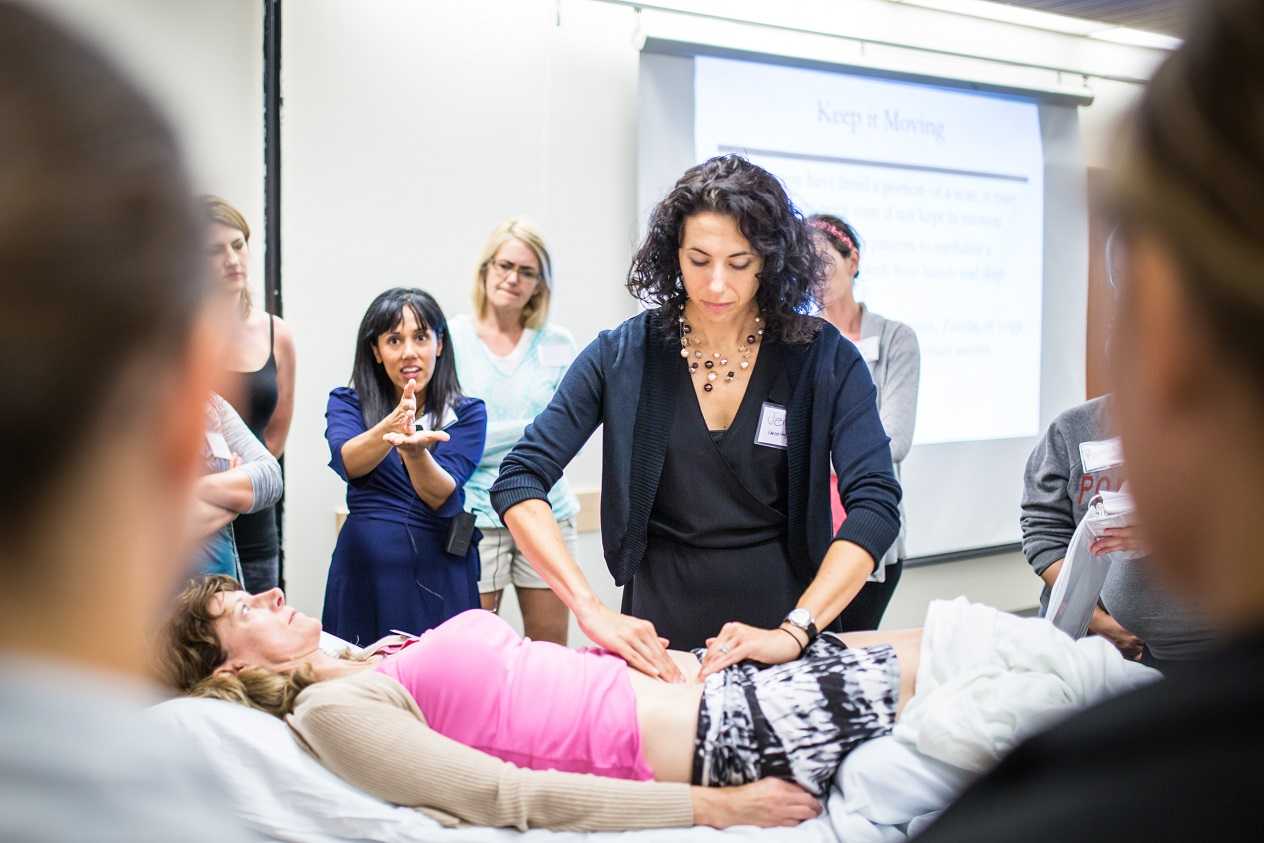Can Mindfulness Help Struggling Middle Schoolers?

In an encouraging study sure to grab a lot of attention, researchers studying middle schoolers and the effect of mindfulness on suicidal thoughts have positive findings. We all know that middle school is a very challenging time, with students feeling pressure socially, academically, hormonally, and that family stressors can also be involved in this time of significant growth and change. If we think back to our time in middle school, we may recall some very challenging emotions, and a difficulty in seeing past our school environment and into our potential future. What if mindfulness training could provide an outlet for positive thoughts and a way to more effectively manage emotions?
In this study, highlighted in the research spotlight of the National Center for Complementary and Alternative Medicine, 100 sixth graders were randomized into an Asian history class with daily mindfulness practice and into an African history class with a matched activity unrelated to mindfulness or self-care. The mindfulness instruction included breath awareness and breath counting, body sensation, thoughts, and emotions labeling, and body sweeps. Silent meditation increased from 3 minutes to 12 minutes. Over the study period of 6 weeks, students were assessed for development of suicidal thoughts or self-harm behaviors.
While the researchers conclude that more studies with larger groups need to be done to validate the findings, the reports of this study are very encouraging. Keeping in mind that there are no equipment needs and little or no risk with the applied intervention, perhaps more schools will look to trainable skills in mindfulness to teach young people self-management skills. Mindfulness and meditation continue to receive significant attention in the research literature, and rightly so, as patients, providers, and family members may benefit from simple techniques that can be practiced and applied in a variety of ways.
If you would like to learn more about how to practice and to teach skills in mindfulness, sign up early for our new continuing education course called Mindfulness-based Biopsychosocial Approach to Chronic Pain. Instructor Carolyn McManus has been studying, practicing, and teaching mindfulness to patients and providers for many years. This course can be taken by any health provider, so invite your colleagues to join you at the course! If you are not yet familiar with her work or her patient resources, you may find her guided meditation and relaxation CD's a terrific tool to share or utilize yourself. You can listen to samples of the work on her website by clicking here.
By accepting you will be accessing a service provided by a third-party external to https://hermanwallace.com/







































